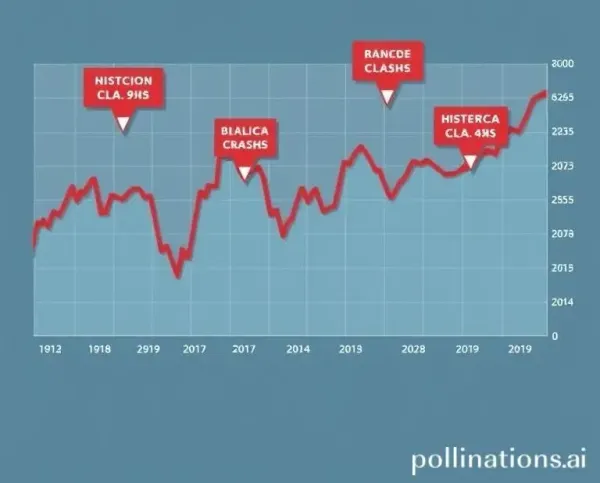Navigating the Ups and Downs of Stock Investing: A Practical Guide
Discover practical insights to manage stock investments during market fluctuations.

Have you ever found yourself staring at a stock ticker, heart racing with every dip and rise? You're not alone. The stock market can feel like an emotional rollercoaster, but with a few practical strategies, you can keep a cool head. Let's dive into how you can navigate market fluctuations without losing your peace of mind.
Understanding Market Fluctuations
Market fluctuations are a natural part of investing. Prices go up and down for a multitude of reasons, from geopolitical events to quarterly earnings reports. It can be tempting to react immediately to these shifts, but understanding the underlying causes can help you make informed decisions.
When Panic Strikes: A Relatable Scenario
Picture this: It's Monday morning, and you've just opened your stock app to see a 5% drop in one of your major holdings. Your first instinct? Panic! However, taking a step back and assessing the situation can turn panic into opportunity. Remember, seasoned investors weather these storms and even view them as a chance to buy.
Strategies to Stay Grounded
- Diversify Your Portfolio: Spreading investments across various sectors can reduce overall risk.
- Set Long-term Goals: Focusing on long-term objectives instead of daily price changes helps maintain perspective.
- Stay Informed: Regularly read financial news, but avoid being overwhelmed by every headline.
- Seek Professional Advice: A financial advisor can provide personalized insights that align with your financial goals.
Finding Opportunities in Declines
Market downturns aren't always bad news for investors. In fact, many view them as a chance to buy stocks at a lower price. Consider Warren Buffett’s advice to be 'fearful when others are greedy, and greedy when others are fearful.'
By staying informed and viewing declines as windows of opportunity, you can potentially enhance your portfolio's performance in the long run.
Conclusion: What's Your Approach?
Ultimately, investing isn't just a financial journey but an emotional one, too. By developing a sound strategy and remaining calm during market fluctuations, you can navigate this journey with confidence. How do you handle market dips? Do you have any personal strategies to share?




